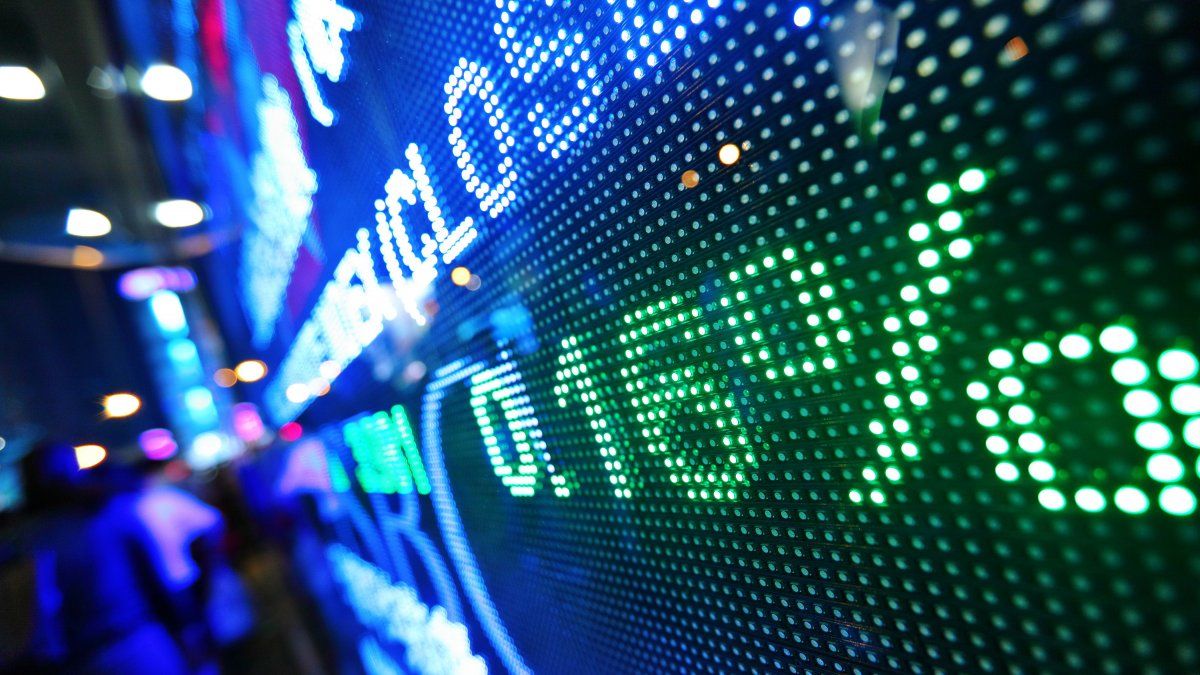Tension in the Middle East could continue to increase and the escalation could add new protagonists. Although the market reaction so far has been moderate, more disturbing scenarios are not ruled out. Oil is on track to close its second week on the rise and goldconsidered a refuge asset, is at its highest since May. Is there a risk of a global recession? To what extent could the war impact the markets?
Israel-Hamas war and risk aversion
Diego Martínez BurzacoCountry Manager Argentina Inviuopined that “in processes of strong global risk aversion” and if, in this case, “geopolitical risks increase, the conflict in Israel and the Gaza Strip escalates and other players begin to be involved, appetite grows for safe haven assets such as gold and other precious metals such as silver“.
The analyst also mentioned that an effect called flight to qualitythat is, the demand for dollars skyrockets worldwide and generates an appreciation of the dollar over the rest of the currencies. Furthermore, this armed conflict could cause an impact on the sovereign debt of the United States.
“Eventually we can see a reversal process that the treasuries American people. What happens is that there is very strong selling pressure on US Treasury bonds and that causes interest rates to rise. However, In the face of a process of global risk aversion, the opposite effect is generated: a lot of demand for these securities.“he explained Burzaco.
Just this Friday, US Treasury bond prices rebounded, as Investors sought safety from debt amid fears of escalating Middle East war. This happened a day after The 10-year benchmark yield will be close to 5% amid renewed concerns that interest rates will remain high for longer.
“To the extent that the conflict escalates, it is likely that it will begin to move a flow of capital to the purchase of dollars, gold and other precious metals and eventually more purchase of American Treasury bonds“, closed the specialist.
What worries more about the Fed or the war?
For Gustavo NeffaPartner and Director of Research for Tradersdespite the conflict “we have not seen the jump that should occur in the prices of Petroleum that, likewise, is reacting upward causing an impact on inflation expectations. This could be translated into an increase in the interest rate that, coupled with the aggressive speech of the Federal Reserve, creates a perfect combo to slow down the markets in the short term“.
During the week, both oil futures contracts (WTI and Brent) most immediate rose more than 1%, a second consecutive weekly jump. From escalating the conflict between the Palestinian Islamist organization Hamas and Israel to the rest of the Middle East, The price of oil could rise to US$140 a barrel, according to estimates from Allianz Trade, a subsidiary of the insurance company Allianz.
For its part, The New York stock market closed the week in negative numbers. “In this days, The so-called VIX (fear) index is in the 20% zonequite agitated but not to worry much, however he puts a quota more uncertainty to the short-term scenario for the markets in general and this is negative“added Neffa.
For this analyst it is important to put on the table the dollarwhich could be triggered and this, in turn, stops the rise in commodities seen in recent days.
“I think we are headed for a conflict that will last a long time. It is not going to be resolved in the short term; it is a very complicated situation that has already dragged on for decades. The escalation of the conflict puts tension in the markets that are also concerned about the issue of increases in interest rates,” Neffa concluded.
Source: Ambito
I am a 24-year-old writer and journalist who has been working in the news industry for the past two years. I write primarily about market news, so if you’re looking for insights into what’s going on in the stock market or economic indicators, you’ve come to the right place. I also dabble in writing articles on lifestyle trends and pop culture news.




